Echinacea And Autoimmune Disease
Echinacea and autoimmune disease. Increased production of TNF-alpha may play a role although more research is needed to clarify the mechanisms of. No patient showed any side effects or aggravation from the use of Echinacea for their autoimmune disease. Echinacea from the dried root and leaves of the purple coneflower Echinacea purpurea and related species stimulates the immune system.
I did come across some evidence involving a couple of patients which showed that taking echinacea might have caused a flare up of their autoimmune condition 6. Drug treatments for the disease suppress the immune system so that flare-ups of autoimmunity become less likely. Based on this hypothesis and the fact that the herb Echinacea is a well demonstrated immunostimulant of NK cells in normal micehumans we aimed to investigate in NOD mice the effect of short term days and long term months daily dietary administration of Echinacea on the absolute levels of NK cells and five other classes of hemopoietic and immune cells in the bone marrow and spleen.
Because an overactive immune system is one of the main drivers of autoimmune diseases there is a concern that consuming immunostimulatory herb-based supplements may lead to clinical exacerbations and overall worsening of autoimmune skin diseases. Echinacea stimulates macrophages and other cells of the innate immune system causing them to become activated and release cytokines. Echinacea can increase the immune system.
Echinacea has been shown to have the ability to enhance the activity of the Polymorphonuclear leukocytes which means they also should be able to respond to and destroy pathogenic agents more quickly. With an autoimmune disease the body is already under attack. May 26 2021 -- While doctors still highly recommend that they get vaccinated against COVID-19 as many as 1 in 10 people with auto-immune diseases such as.
10 16 Various in vivo and in vitro studies have demonstrated that herbs such as Spirulina platensis Aphanizomenon flos-aqua Chlorella Echinacea. Long-term use of echinacea and its role in autoimmune disease have long been debated. By using an immune enhancing or immune stimulating herb you are boosting the immune system.
There is some concern that taking echinacea can either trigger the development of an autoimmune thyroid condition or that it might exacerbate a preexisting autoimmune condition. Behcets is a rare and unusual chronic multisystem inflammatory autoimmune disorder. If you want to improve your condition by all means avoid the following herbs.
Echinacea is the most popular herb for supporting the natural defenses It has a long history of traditional use and multiple studies have found that taken at onset the herb effectively promotes a rapid response to immune challenges. Echinacea is a wonderful herb that can benefit many people with Graves Disease and Hashimotos Thyroiditis.
Echinacea is a wonderful herb that can benefit many people with Graves Disease and Hashimotos Thyroiditis.
Echinacea is the most popular herb for supporting the natural defenses It has a long history of traditional use and multiple studies have found that taken at onset the herb effectively promotes a rapid response to immune challenges. I did come across some evidence involving a couple of patients which showed that taking echinacea might have caused a flare up of their autoimmune condition 6. By using an immune enhancing or immune stimulating herb you are boosting the immune system. Drug treatments for the disease suppress the immune system so that flare-ups of autoimmunity become less likely. 10 16 Various in vivo and in vitro studies have demonstrated that herbs such as Spirulina platensis Aphanizomenon flos-aqua Chlorella Echinacea. Echinacea And Autoimmune Disease Does Echinacea Boost Your Immune System. Behçets is not contagious. Echinacea stimulates macrophages and other cells of the innate immune system causing them to become activated and release cytokines. Herbs To Avoid With Autoimmune Disease.
Behçets is not contagious. Echinacea is a wonderful herb that can benefit many people with Graves Disease and Hashimotos Thyroiditis. Behçets is not contagious. Based on this hypothesis and the fact that the herb Echinacea is a well demonstrated immunostimulant of NK cells in normal micehumans we aimed to investigate in NOD mice the effect of short term days and long term months daily dietary administration of Echinacea on the absolute levels of NK cells and five other classes of hemopoietic and immune cells in the bone marrow and spleen. Behcets is a rare and unusual chronic multisystem inflammatory autoimmune disorder. While some people think that it will worsen an autoimmune condition there is no evidence that it has this effect. Long-term use of echinacea and its role in autoimmune disease have long been debated.










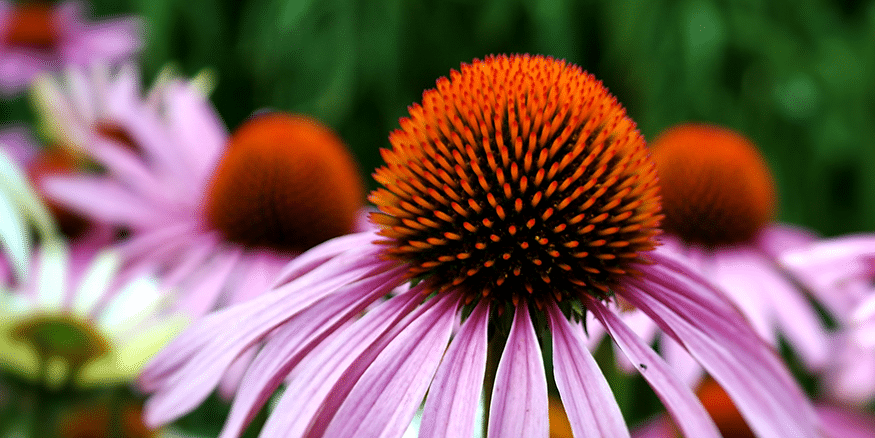


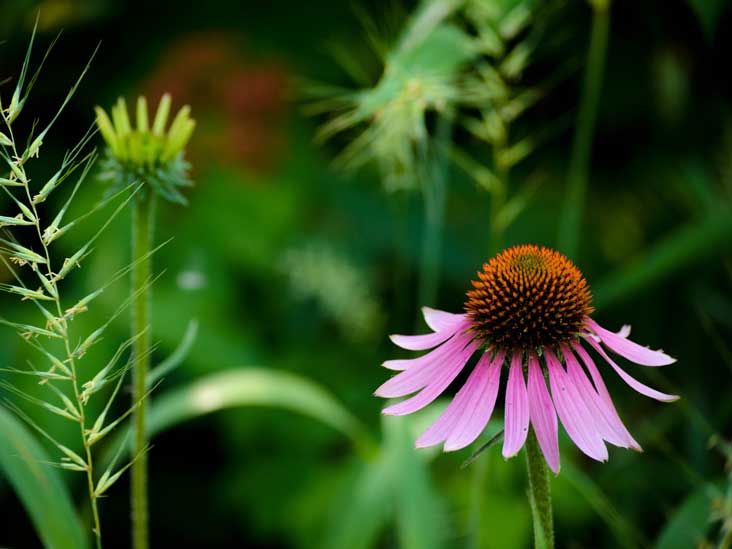
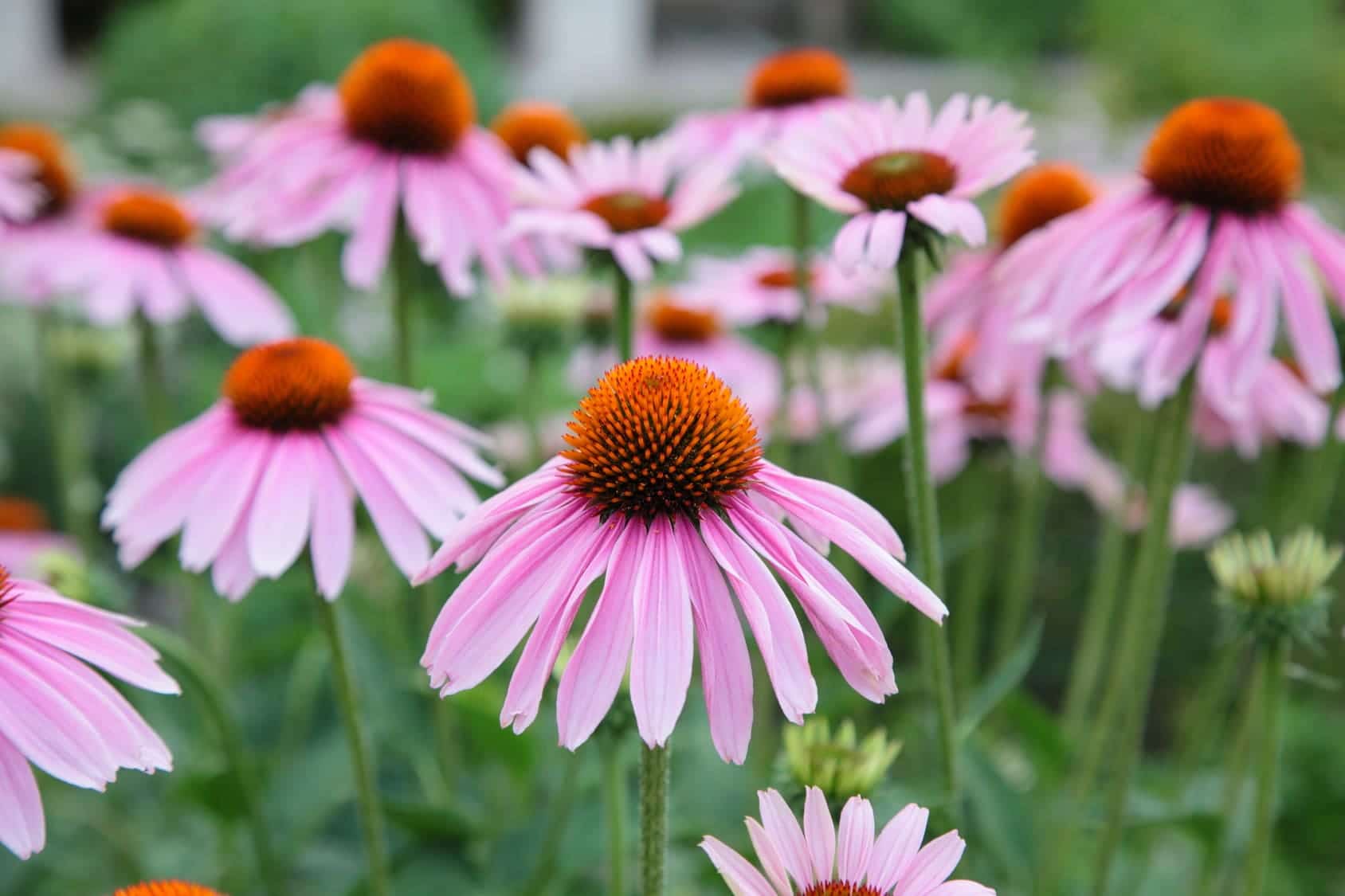
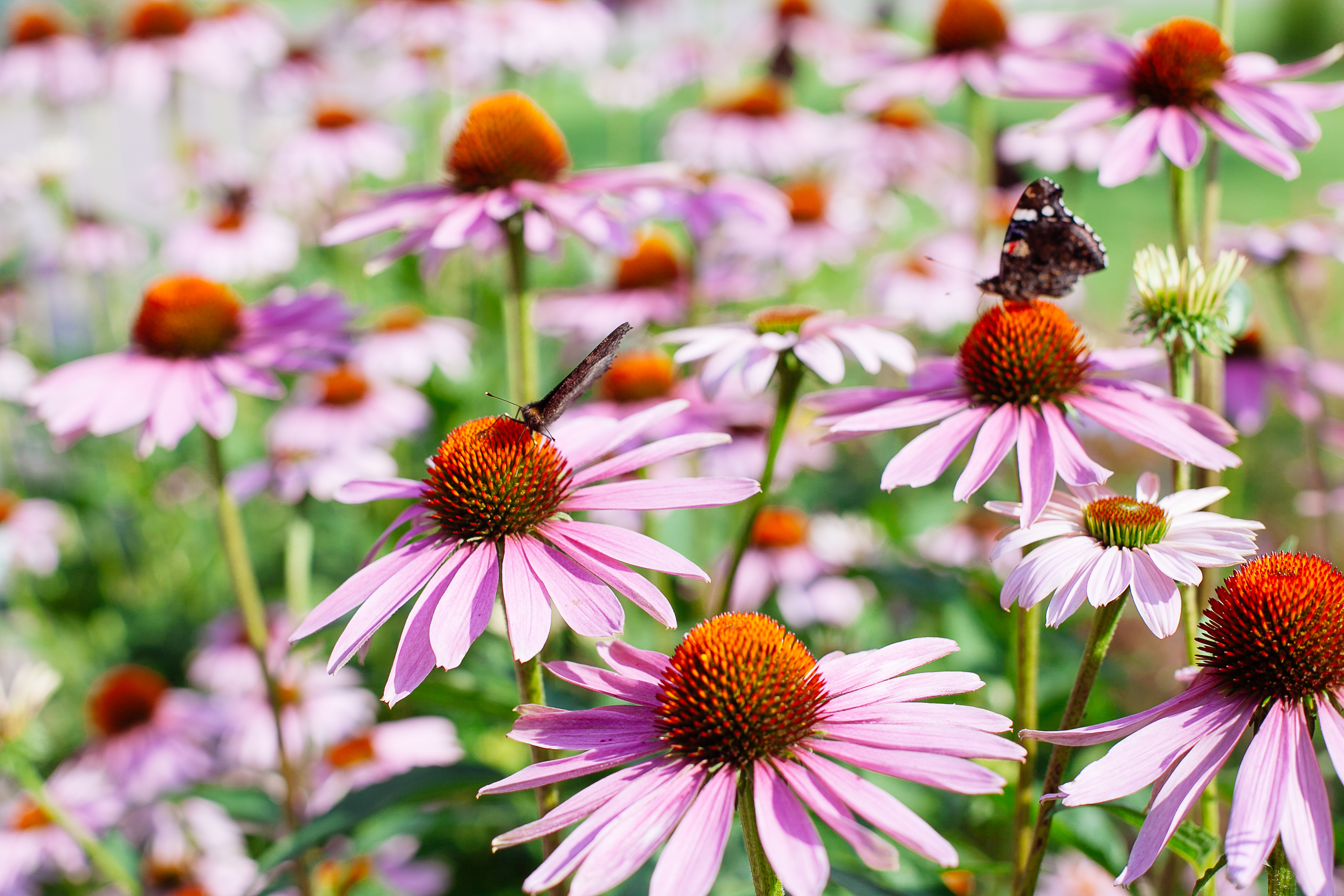


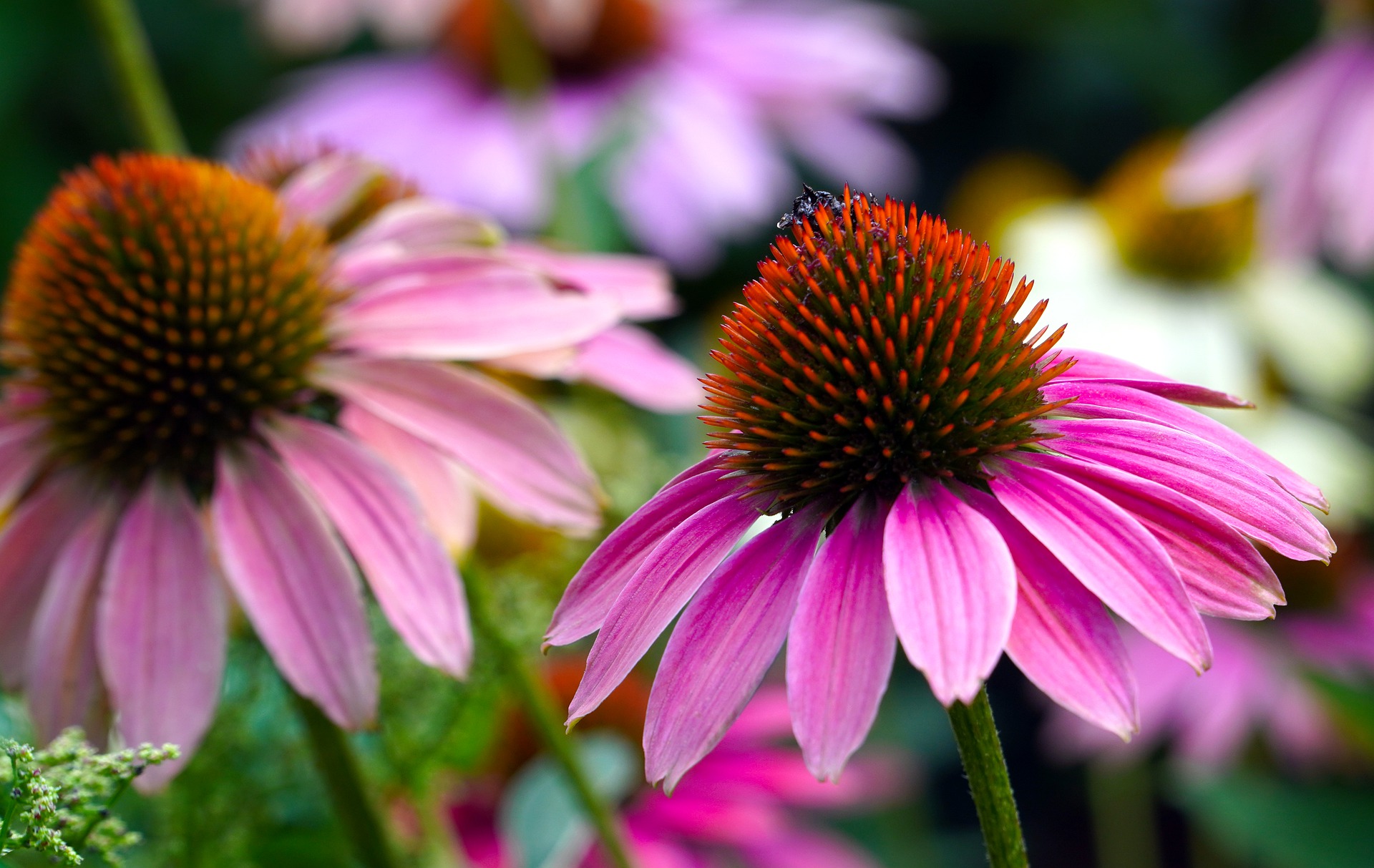



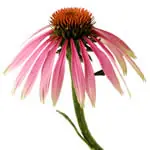

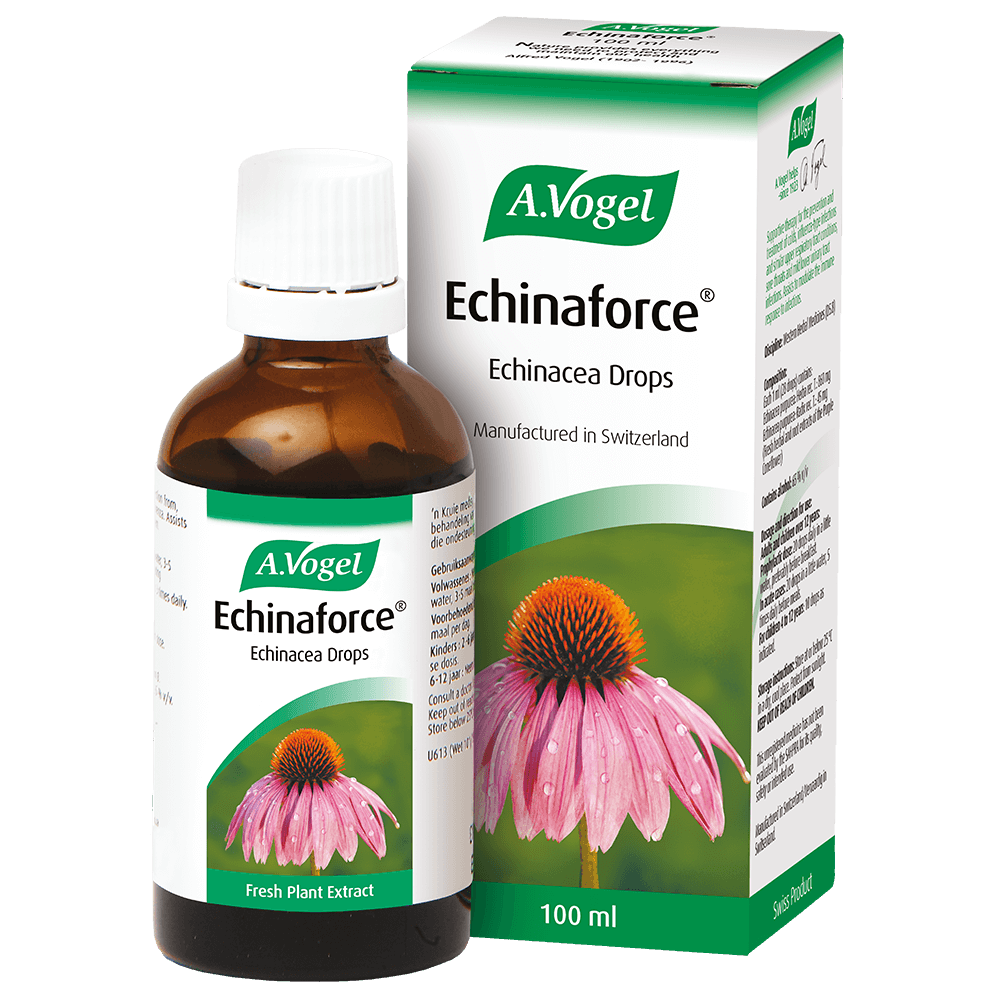





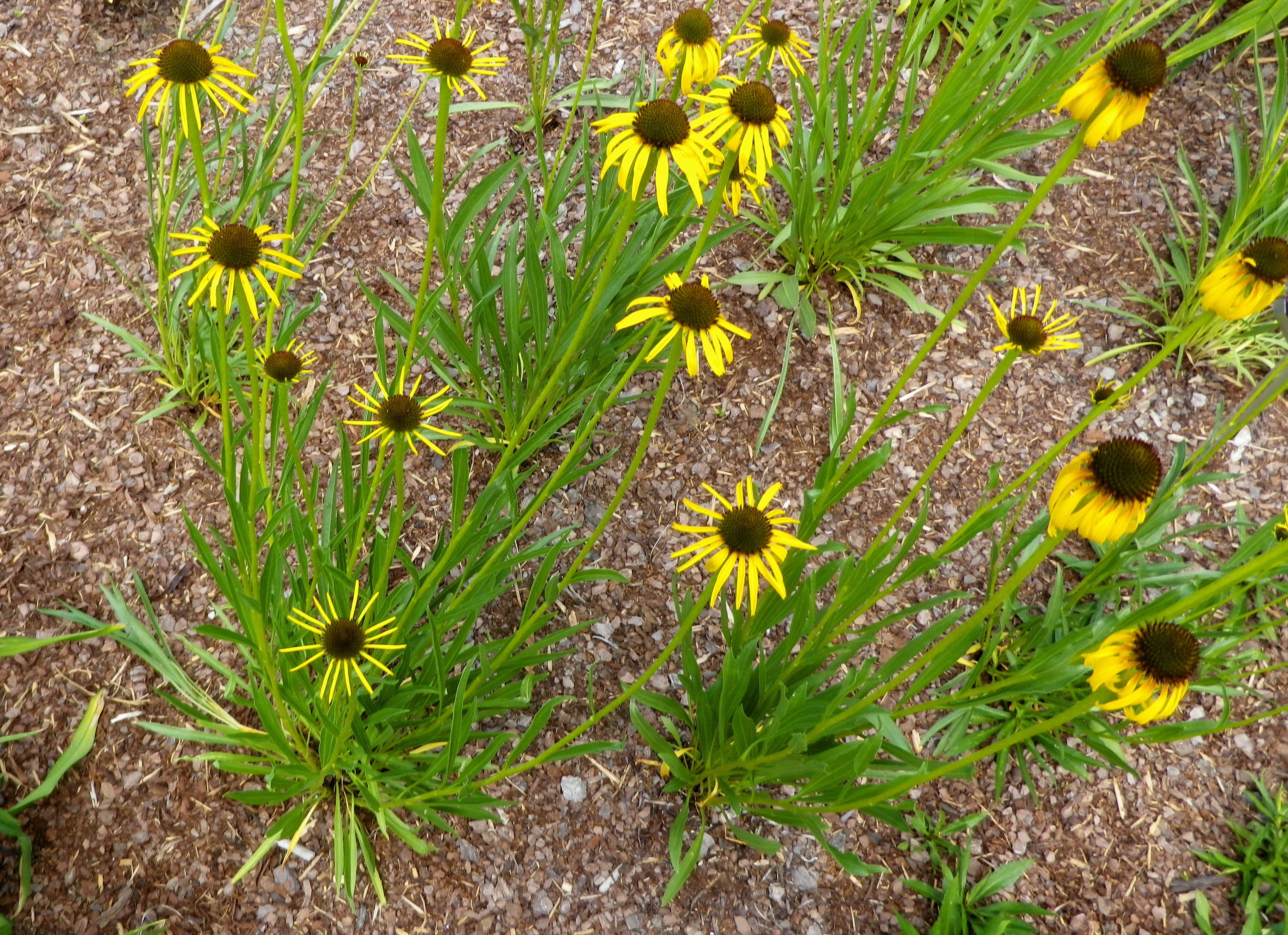
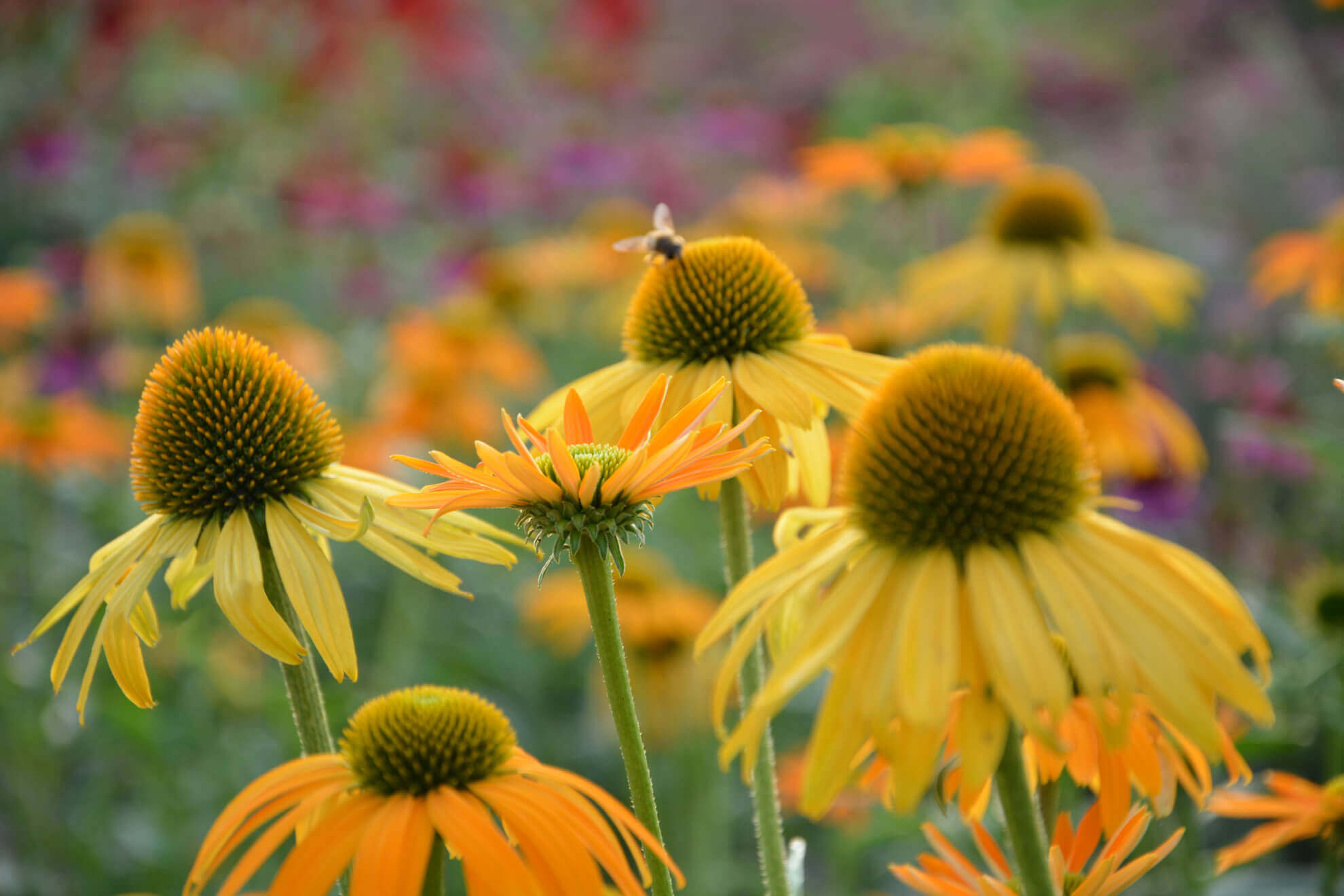






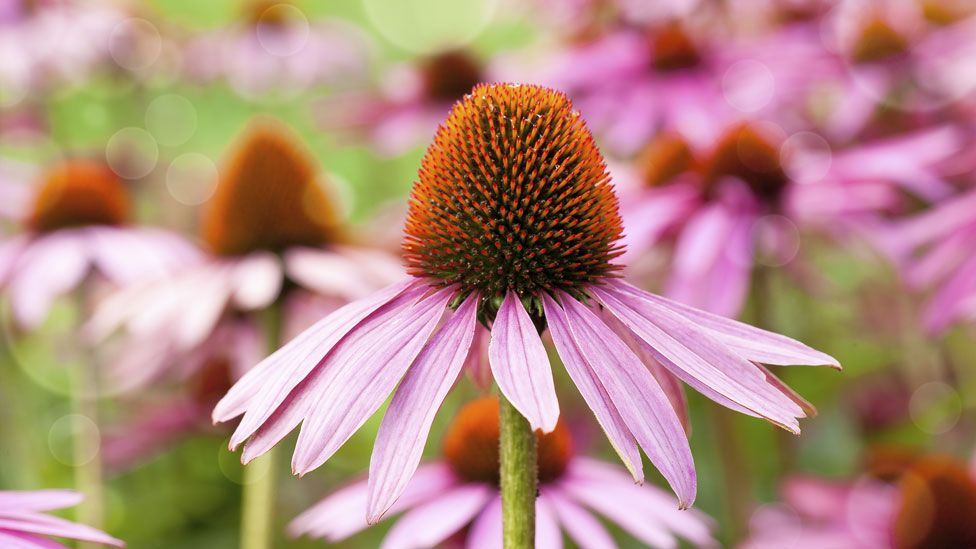

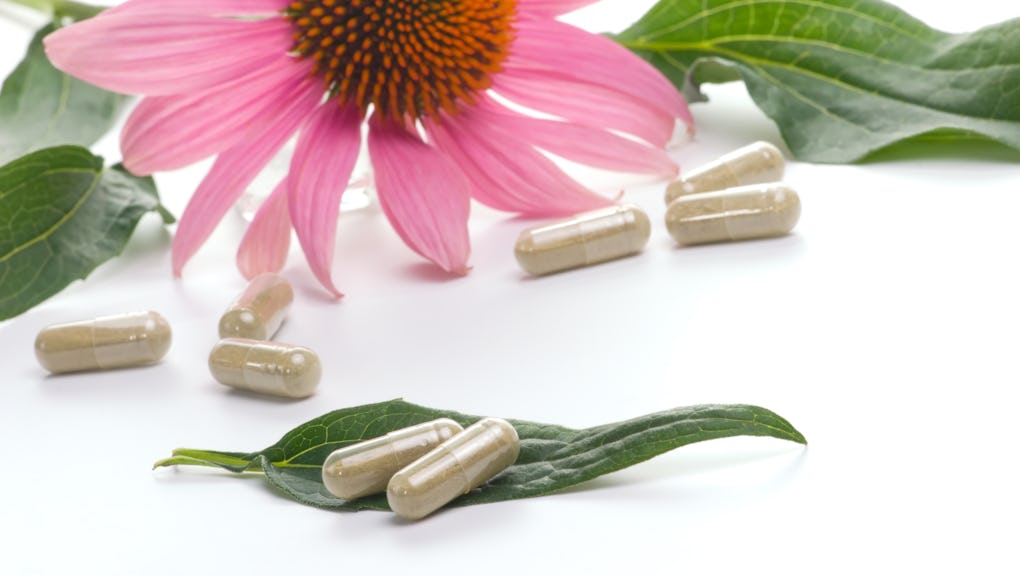


Post a Comment for "Echinacea And Autoimmune Disease"